As nobody gives a good enough answer, I will have a try now.
First, C# has its version history published by Microsoft now (coming from MVP posts obviously),
https://learn.microsoft.com/en-us/dotnet/csharp/whats-new/csharp-version-history
So you can easily see what new features are added for each new releases.
Second, we will talk about the compiler releases, which initially were part of .NET Framework.
Below I list a few milestones (might not be 100% correct, and some versions might be skipped),
csc.exe 1.0 (?) for .NET Framework 1.0 (implements C# 1.0).csc.exe 2.0 (Microsoft (R) Visual C# 2005 Compiler version 8.00.50727.8745) for .NET Framework 2.0 (implements C# 2.0, as well as 1.0 for compatibility).csc.exe 3.5 (Microsoft (R) Visual C# 2008 Compiler version 3.5.30729.8763) for .NET Framework 3.5 (implements C# 3.0, and older versions).csc.exe 4.0 (?) for .NET Framework 4.0 (implements C# 4.0, and older).csc.exe 4.x (like Microsoft (R) Visual C# Compiler version 4.7.2053.0) for .NET Framework 4.5 and above (implements C# 5.0, and older). Note that the version numbers vary a lot (from 4.x to 12.x) based on the .NET Framework on your machine (4.5.0 to 4.7.1).
Then Microsoft made the old csc.exe obsolete (as they were native executable), and shipped Roslyn based compiler instead (though still csc.exe). In the meantime, C# compiler is no longer part of .NET Framework, but part of VS.
It was the same time, that C# compiler, language version, and .NET Framework are fully decoupled, so that you can easily use multi-targeting.
- Roslyn
csc.exe 1.x (?) implements C# 6.0 and older. Shipped with VS2015.
- Roslyn
csc.exe 2.x (like Microsoft (R) Visual C# Compiler version 2.4.0.62122 (ab56a4a6)) implements C# 7.x and older. Shipped with VS2017.
Ok, enough background. Back to your questions.
Q1: How to find out what C# version (not the compiler one, but the language one) uses VS to build my concrete project?
Answer: You can easily see from project settings that what language version is used.

If you don't choose an explicit version, it can automatically use the latest version supported by the csc.exe compiling the project.
Note that @Servy commented under @DaniloCataldo's answer about the langversion switch with more details. That switch has its design goals and limitation. So for example even if you force Roslyn 2.x compiler to compile your project based on C# 4.0, the compiled result would be different from what C# 4.0 compiler does.
Q2: Is there a strict, clear and transparent link between the C# compiler and language versions?
Answer: Please refer to the background I described above, I think that already answered this part. There is a strict, clear and transparent link.
Q3: Can I indicate to Visual Studio (in case of migration issues from one Studio version to another) to use different compiler version for my concrete solution?
Answer: A Visual Studio release (like VS2019) sticks to an MSBuild release (16.x), so a dedicate version of C# compiler. So in general Q3 is duplicate to Q1, as you can only change language version.
There are a bunch of NuGet packages to override C# compiler used by a project, such as https://www.nuget.org/packages/Microsoft.Net.Compilers.Toolset. However, Microsoft states that "Using it as a long term solution for providing newer compilers on older MSBuild installations is explicitly not supported", so you really shouldn't explore that route.

